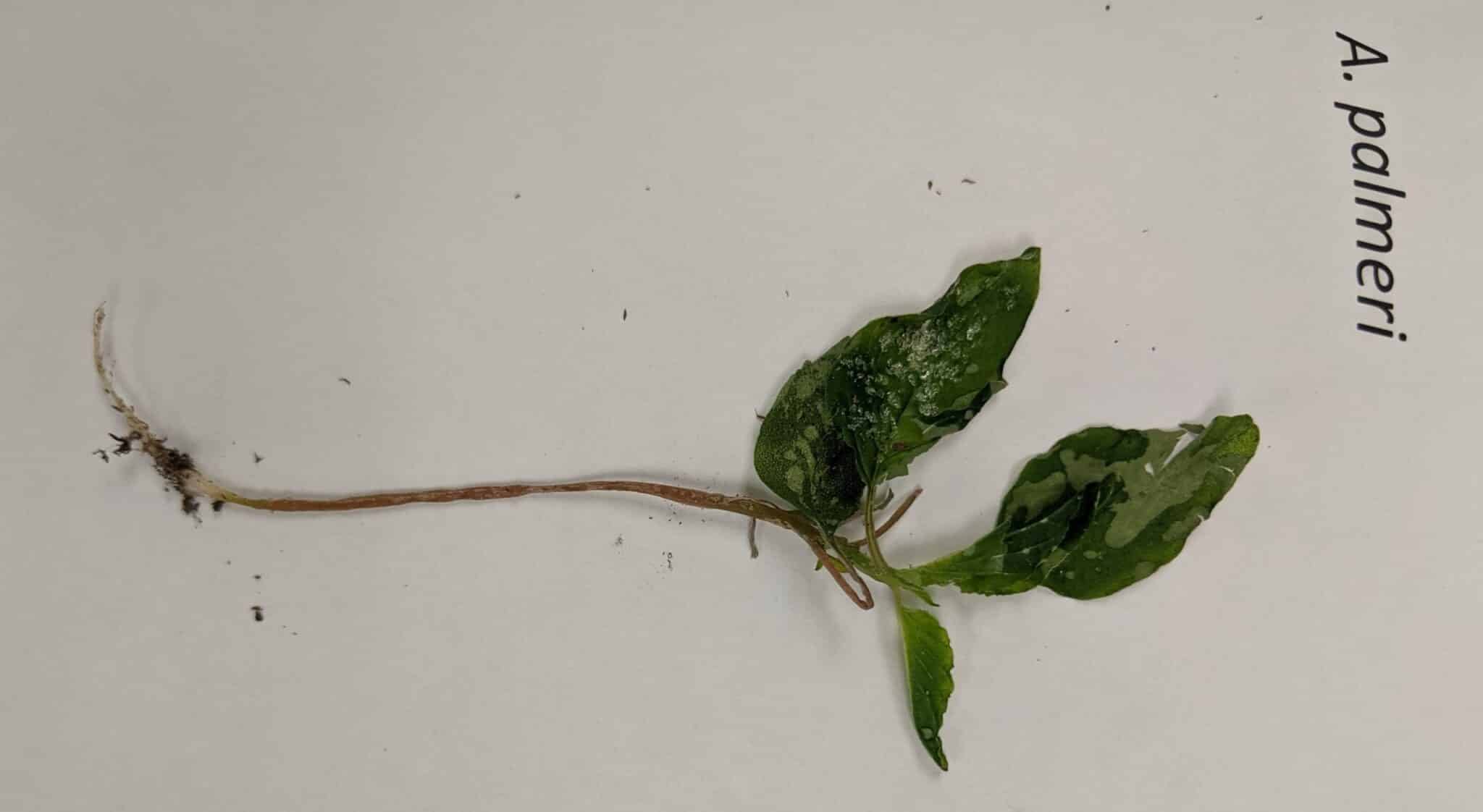How many invasive weed species do you see in the field every year? Without seed testing, it can be difficult to identify weed species in your seed before they hit the field. But, that’s why testing facilities are coming up with new tests and markers — to protect not only the seed company’s investments, but growers’ fields to produce the best product possible with little to no preventative issues.
That’s one thing that 20/20 Seed Labs hopes to do with their new testing product — a Palmer amaranth molecular test.
Palmer amaranth is an annual plant native to the arid southwestern United States and northwestern Mexico, according to the Minnesota Department of Agriculture. It is a traditional food of Native Americans including the Navajo, Pima, Yuma and Mohave. Its life cycle is adapted to desert conditions; it will germinate and grow to quickly produce abundant seed when water is available. Palmer amaranth was accidentally introduced to the southeastern U.S, and has proliferated since. It is classified as a in the U.S. and Canada, due to as it’s highly invasive nature and resistance to multiple classes of herbicides. It’s a difficult challenge to control, and can outcompete crops causing extensive loss.
“It is extremely difficult to visually differentiate species in the Amaranthus genus, especially at the seed level,” says Kim Kenward, one of the nominators. “Several Amaranthus species, commonly referred to as pigweed, are known to be present in Canada. If found in a purity analysis they are collectively listed as ‘Amaranthus sp.’ with the number of seed found. With this new test, the identified Amaranthus species are segregated by the Purity Analyst into groups of up to 25 seed. We extract DNA from each group and look for a specific DNA marker to determine if any Palmer Amaranth is present. A second test result is then added to the report indicating the number of seed tested and the presence/absence of Palmer Amaranth.”
The new test from 20/20 Seed Labs hopes to quickly identify Palmer amaranth in seed lots before it makes it to the field.
“It’s a rapid and accurate method to support seed purity analysis,” says Sarah Foster, one of the test’s nominators. “Growers can be confident in knowing they are not introducing Palmer amaranth.”
“Bulk testing of Amaranthus seed for Palmer Amaranth presence is more efficient and convenient than previous methods which relied on sequencing of individual seed to identify species. It supplements the existing physical purity standard, enabling a more precise identification than previously possible, and works across crop types,” Kenward says.
But, the key factor here is in the future, 20/20 hopes to see this test promote more molecular testing for the future. Both for Palmer amaranth and for the general use in expanding the specificity of purity identifications.











